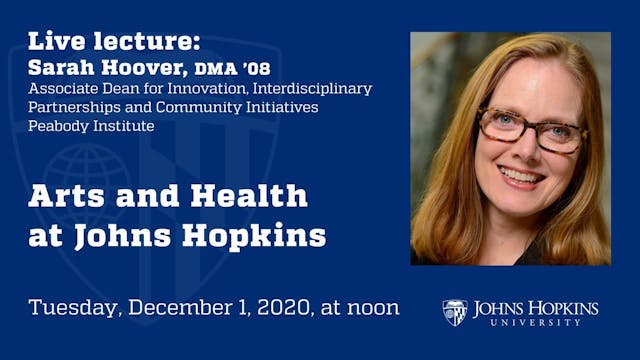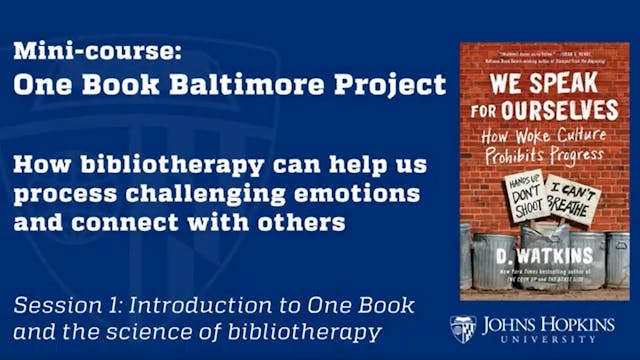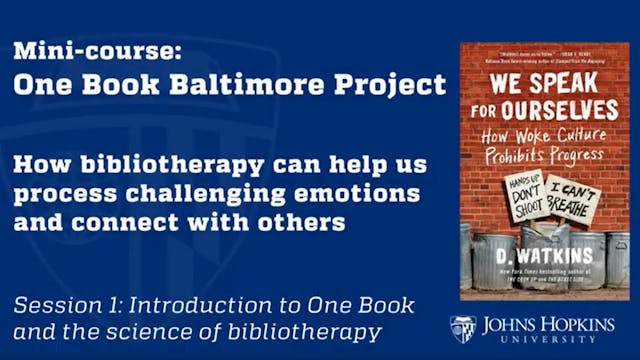The Next Normal: Reflections on Arts Innovation and Resilience Post-COVID
Medicine & Public Health
•
58m
The performing arts industry has been thoroughly upended by the COVID-19 pandemic, with venues shut down, performances canceled, and artists out of work. A Brookings Institution report issued last summer estimated the damage in the fine and performing arts at almost 1.4 million jobs and $42.5 billion in sales lost.
On February 10, the Peabody Institute convened arts industry leaders from around the country to explore the path forward for artists and organizations and the long-term, post-COVID landscape for the performing arts. You can watch those panel discussions and find more information here. Key questions addressed included:
What does the future look like?
Will audiences come back?
How will the experience of the arts have changed after COVID?
Facing these and other pressures, how will performing artists and institutions adapt?
In this session, Dean Bronstein will share key takeaways for a re-invented future for the performing arts industry. The moderator will be Sarah Hoover, Associate Dean for Innovation, Interdisciplinary Partnerships and Community Initiatives at the Peabody Institute. To learn more, visit jhu.edu/hopkinsathome
Up Next in Medicine & Public Health
-
Arts and Health at Johns Hopkins
What might healing look like if the arts were thoroughly integrated into the healthcare environment? What would Johns Hopkins University and Health Systems look like if precision medicine and state-of-the-art care included (1) the arts in training, professional development, and support for the we...
-
How Bibliotherapy Can Help Us Process...
Baltimore City’s residents have long struggled with issues of inequity, poverty, and violence. In 2020, on top of a crippling pandemic, Baltimore saw 335 individuals die by homicide. In the face of a virtual school year necessitated by quarantine, opportunities for young people to connect with ea...
-
How Bibliotherapy Can Help Us Process...
Baltimore City’s residents have long struggled with issues of inequity, poverty, and violence. In 2020, on top of a crippling pandemic, Baltimore saw 335 individuals die by homicide. In the face of a virtual school year necessitated by quarantine, opportunities for young people to connect with ea...



